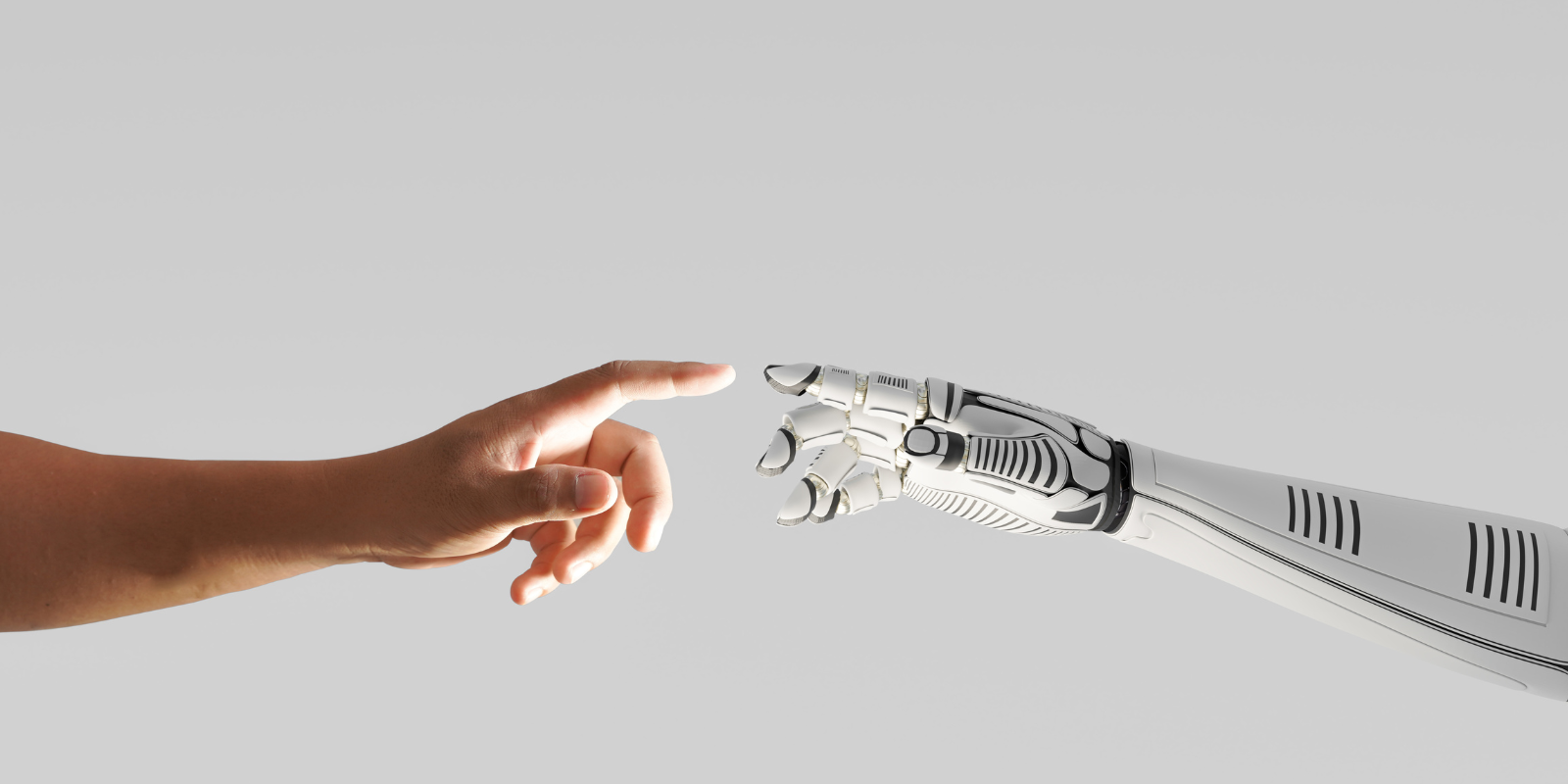Gig Economy and Robots: What Do They Have in Common?
The gig economy and robots are two significant forces reshaping the modern world of work. On the surface, they might appear to be at odds with each other – one representing human flexibility and the other automation and artificial intelligence. However, upon closer examination, it becomes evident that the gig economy and robots share commonalities and are increasingly intertwined in the evolving world of work.

1. Flexibility and On Demand Labour
The gig economy and robots both respond to the growing demand for flexible and on-demand labour. The gig economy has revolutionised the way people work by allowing them to take on short term, project based jobs, giving them the flexibility to choose when and where they work. Similarly, robots and automation technologies offer businesses the flexibility to scale their workforce up or down as needed, allowing for efficient resource allocation.
2. Evolution of Work Arrangements
Both the gig economy and robots challenge traditional work arrangements. In the gig economy, workers are no longer confined to 9-to-5 office jobs. They can be freelancers, independent contractors, or gig workers, all of whom have more control over their work arrangements. Robots, on the other hand, are disrupting traditional manufacturing and service industries by automating tasks that were once exclusively performed by humans. This evolution highlights the shift towards non-traditional work arrangements.
3. Augmentation of Human Labour
Robots are increasingly being seen as collaborators rather than replacements for human labour. They are used to augment human capabilities and take on repetitive or physically demanding tasks, leaving humans to focus on more creative, complex, and emotionally intelligent work. In the gig economy, individuals leverage technology to market their skills and services, expanding their reach and impact.
4. The Rise of Platform Based Work
The gig economy thrives on digital platforms that connect workers with employers. Similarly, robots and automation technologies often rely on digital platforms to coordinate tasks, monitor performance, and facilitate real time decision making. These platforms are crucial in both contexts, creating efficient marketplaces for work.
5. Skills and Adaptability
In both the gig economy and the world of robots, the ability to learn and adapt quickly is a critical skill. Gig workers must continually update their skills to remain competitive in the job market, while robots can be programmed to learn new tasks or adjust to changing circumstances. Adaptability and lifelong learning are essential for success in both domains.
6. Data and Analytics
Data driven decision making is central to both the gig economy and robots. Gig platforms use data and analytics to match workers with job opportunities and to rate their performance. In the realm of robots, sensors and AI algorithms rely on data to make real-time adjustments, optimise efficiency, and ensure safety.
7. Remote Work and Globalisation
The gig economy has led to a rise in remote work, enabling people to collaborate across geographical boundaries. Similarly, robots and automation technologies can be controlled and monitored remotely, contributing to the globalisation of work processes.
To Conclude
While the gig economy and robots may seem like distinct phenomena, they share several commonalities that reflect the changing nature of work in the 21st century. Both are responses to the need for flexibility, efficiency, and adaptability in a rapidly evolving work landscape. The gig economy empowers individuals to take control of their careers and income streams, while robots offer businesses the means to optimise production, improve quality, and reduce costs.
As these trends continue to shape the workforce, it's important for individuals and organisations to adapt and embrace the opportunities they present. This involves acquiring new skills, staying flexible, and utilising technology to your advantage. The convergence of the gig economy and robots signifies a profound shift in the way we work, and those who can navigate and leverage this transformation stand to benefit the most in the evolving world of work.








.png?width=180&height=180&name=Ecovadis%202024%20(200%20x%20200%20px).png)
